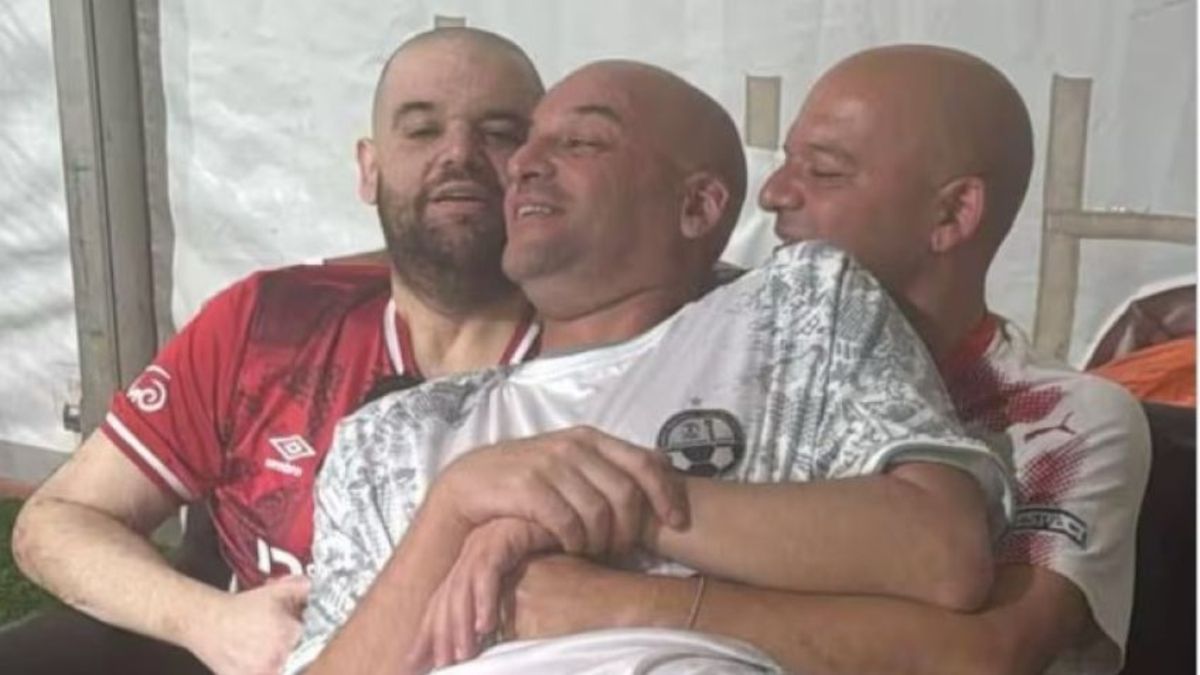It is the most populous country in the world and one of the largest economies with many opportunities for Germany. In order to make better use of this, the Chancellor is in India with several ministers.
Olaf Scholz (SPD) has been welcomed on large posters on the streets of New Delhi for days, now he is really here. On Thursday evening, the Chancellor landed in the Indian capital with his government plane to discuss closer cooperation with Indian Prime Minister Narendra Modi and his cabinet today, supported by four of his ministers. It’s about submarines, obstructive car tariffs and Indian skilled workers for the German job market. And it’s about Russia and Ukraine.
30 measures for more skilled workers from India
Almost 140,000 Indians are already employed in Germany subject to social security contributions and many more are expected to join them. Last week, the cabinet approved 30 measures to make it easier to recruit skilled workers, from nurses to IT experts. While in Germany the lack of qualified personnel is slowing down growth and progress in many industries, the opposite is the case in India. Every month, a million people, most of them well-trained, enter the labor market of the world’s fifth-largest economy. But there aren’t enough jobs for them. The measures adopted include digital visas, German courses and job fairs in India and more targeted advice for Indian students in Germany.
Habeck wants a limited free trade agreement
The skilled workers are the topic of the government consultations for Labor Minister Hubertus Heil (SPD), who arrived in Delhi on Thursday morning together with Economics Minister Robert Habeck (Greens). Above all, Habeck wants to bring new momentum to the negotiations on the free trade agreement between the EU and India, which has been sought for many years. The automotive and pharmaceutical sectors are considered major hurdles. Anyone who imports fully assembled cars into India recently pays surcharges of up to 100 percent, depending on the size of the vehicle. The EU would like to abolish these hurdles in the long term. However, India sees this as a threat to domestic production, including from foreign companies that have set up Indian locations – partly deterred by the high tariffs.
In the past, there were problems in the pharmaceutical industry, particularly when it came to intellectual property. However, Habeck considers the agricultural sector to be even more difficult, as a significantly larger proportion of the population works in India than in Germany. If India were to completely open its market, this would cause considerable upheaval for the country. Habeck is therefore calling for a limited agreement that could initially only cover the industrial sector.
Submarine production with German participation?
In addition to the economy, the summit is also about closer cooperation in the security sector. India’s armed forces are currently largely equipped with Russian weapons. The federal government would like to help change that. “And since India doesn’t live in a completely peaceful region, it needs weapons for self-defense, including submarines,” said Habeck on his first day of visit to New Delhi. Specifically, the current focus is on the production of six submarines for the Indian Navy, in which Thyssenkrupp Marine Systems would like to participate. There is an initial declaration of intent on this, but no decision from the Indian Navy yet.
Modi has just returned from Russia
On the one hand, India’s close contacts with Russia are a thorn in the side of the West. On the other hand, they can also be useful – especially when it comes to possible mediation in efforts to end the war in Ukraine. Prime Minister Modi just offered this again at the summit of the Brics group of states in Kazan, Russia. “We fully support the restoration of peace and stability as quickly as possible,” he said. Since India has humanitarian concerns in mind, the country is in contact with all sides and will continue to be ready to “provide any kind of support” to end the war. The fact that Modi once again greeted host Putin in Kazan with a warm hug may not have gone down well in Ukraine.
Source: Stern
I have been working in the news industry for over 6 years, first as a reporter and now as an editor. I have covered politics extensively, and my work has appeared in major newspapers and online news outlets around the world. In addition to my writing, I also contribute regularly to 24 Hours World.




